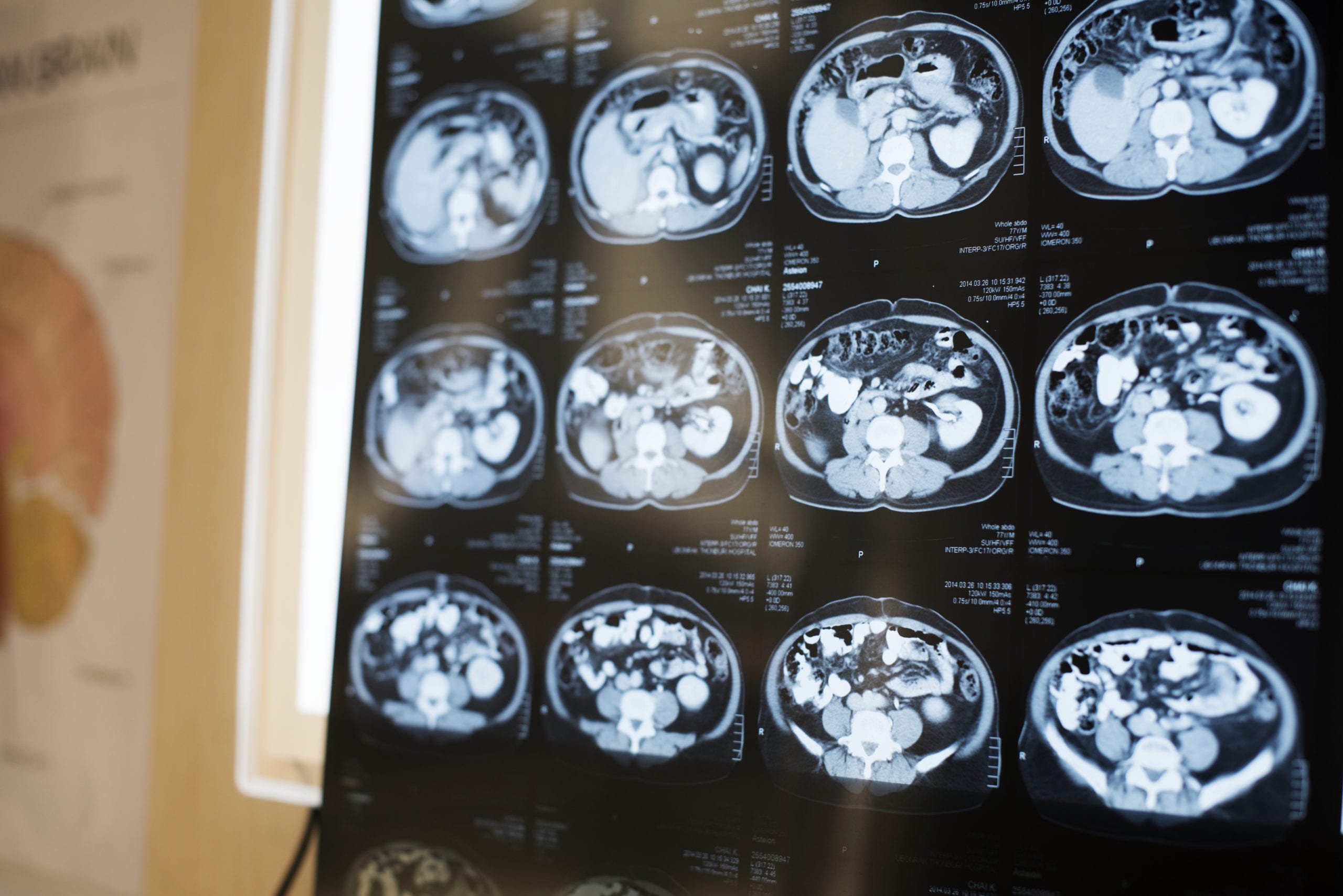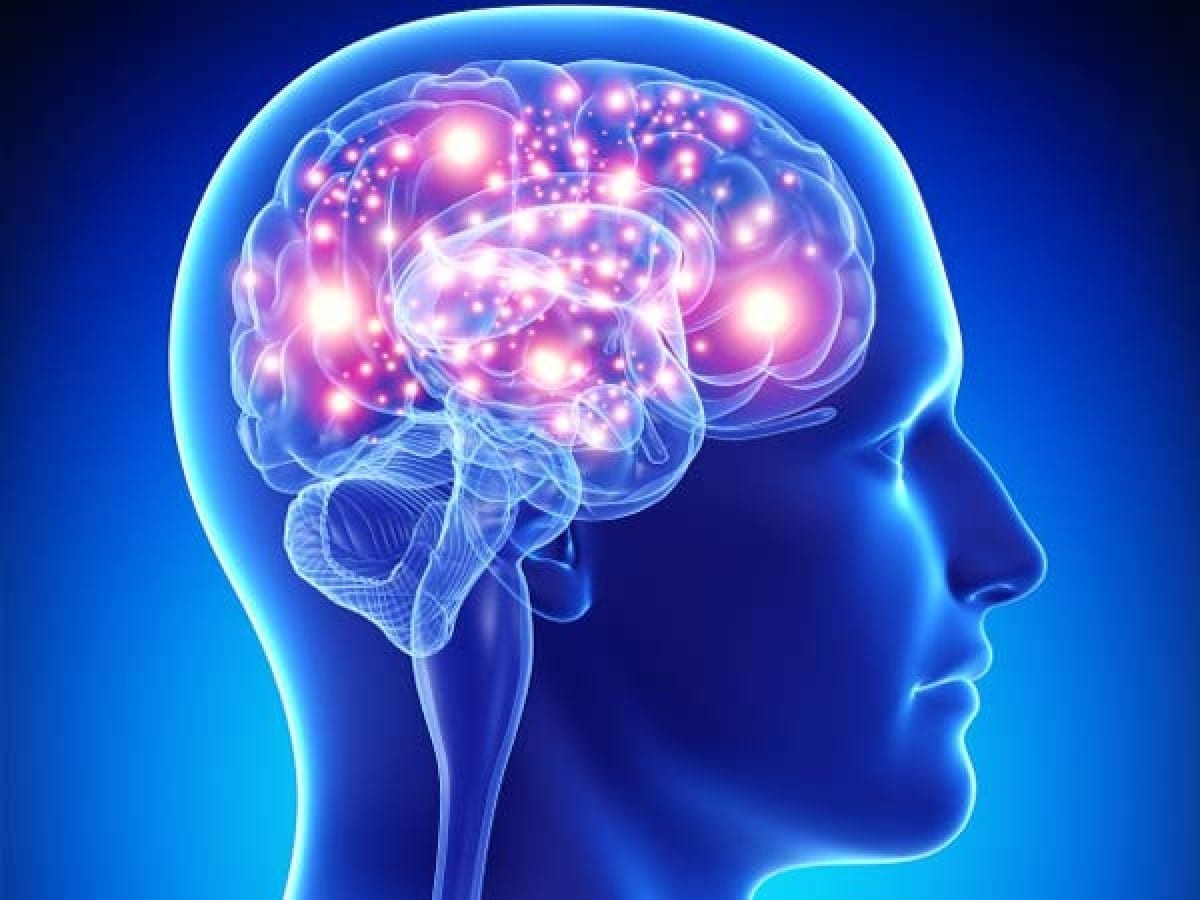Neurology
Simoa® is not just a better way to detect CNS biomarkers.
It’s a 1,000-times better way.
The ability to detect neurological biomarkers at ultra-low levels, which have traditionally only been detectable in cerebrospinal fluid, has the potential to transform the way brain injuries and diseases are diagnosed.
Simoa assays can detect neurological biomarkers, such as Neurofilament Light (NfL), Tau, GFAP and several others associated with brain injury and disease. With Simoa, these informative markers can be detected at much earlier stages, in blood, serum or plasma, enabling better understanding of the long-term effects and disease pathology without invasive measures. Quanterix has a strategic focus in neurodegeneration, neuroinflammation, traumatic brain injuries (TBI) and multiple sclerosis (MS) and is working with a rapidly growing network of academic researchers and pharmaceutical and biotech partners to drive advancements in head health research.
Click through the alphabet to see available assays
Simoa® in Action:
Diagnostic performance and prediction of clinical progression of plasma phospho-tau181 in the Alzheimer’s Disease Neuroimaging Initiative
Karikari et al.
Evidence supporting the use of plasma p-tau181 as a diagnostic and prognostic tool for Alzheimer’s disease continues to mount! This new study examined plasma p-tau181 performance in participants from the Alzheimer’s Disease Neuroimaging Initiative (ADNI) and found that the biomarker demonstrated high diagnostic accuracy for AD and accurately predicted future dementia.

Simoa® in Action:
Plasma N-terminal tau fragment levels predict future cognitive decline and neurodegeneration in healthy elderly individuals
Chhatwal et al.
Researchers found that plasma NT1 levels predicted future pathological tau accumulation, cognitive decline and neurodegeneration, suggesting that the marker may be indicative of early changes in the development of AD

Using Simoa to Indentify Blood Biomarkers for CNS Disorders
Hosted by Cambridge Healthtech Institute, this webinar describes how blood biomarkers can be used to detect CNS disorders.